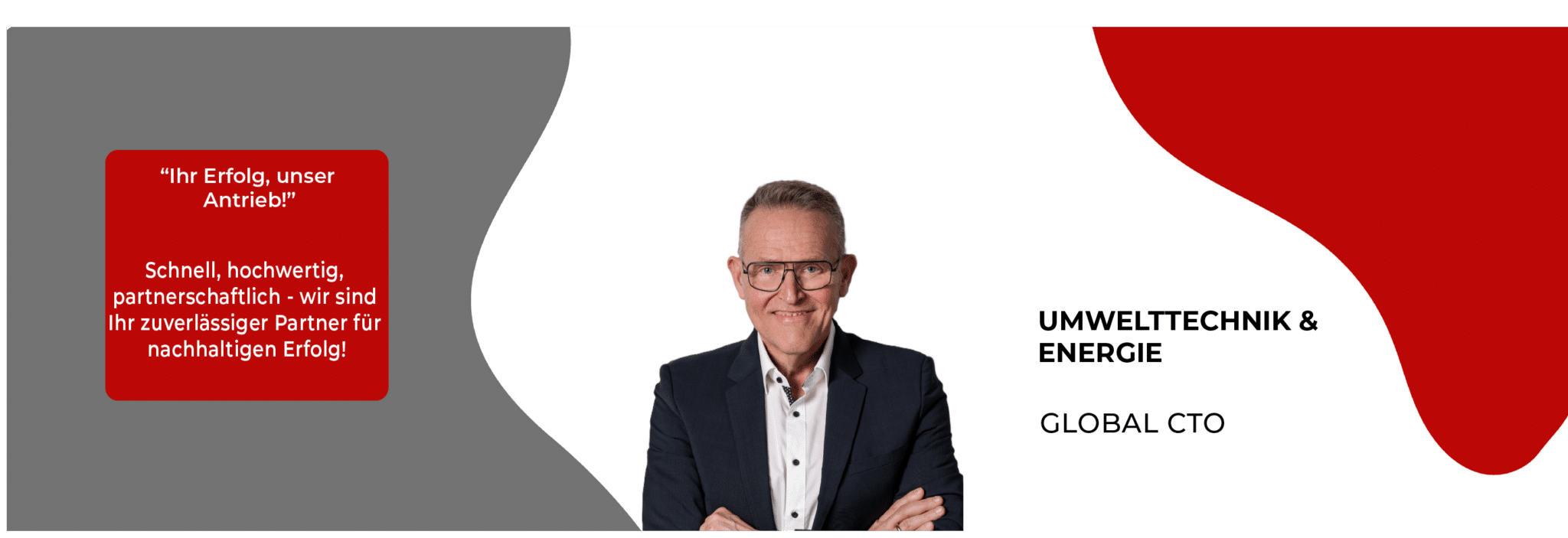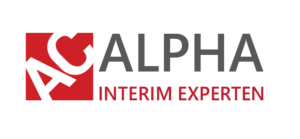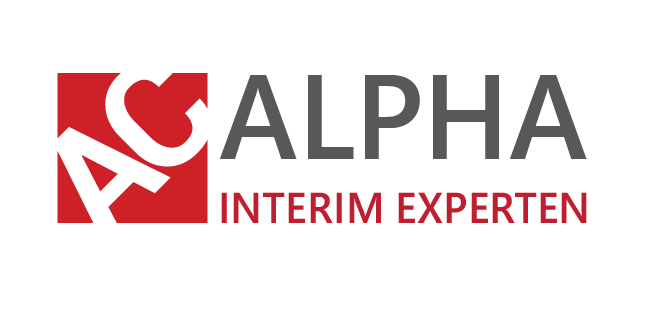Situation
Uncoordinated product developments and poor planning have had a considerable economic impact. This was mainly due to product availability targets not being met, which had a negative impact on business planning. The lack of coordination meant that resources were used inefficiently and development processes were delayed. In addition, the competitive situation deteriorated considerably as competitors with better coordinated product development strategies gained a competitive advantage. This led to a drop in sales and a loss of market share for the company concerned. As a result, the need for more comprehensive planning and coordination in product development became clear in order to ensure financial stability and competitiveness in the long term.
Challenges/scheduling
The aim was to develop a global product portfolio that covers all business areas and core markets and ensures timely availability in line with the business and marketing plan. Focus on intelligent quality products with simple installation processes and predictive maintenance. While at the same time optimizing the hardware and software structure according to global aspects in order to achieve a high level of customer satisfaction. Additional establishment of a platform for global customer management in order to respond effectively to the needs of our customers and ensure long-term customer loyalty. In addition, we initiate research projects to continuously drive innovation and strengthen our competitiveness in the long term.
Sustainable result
By applying “First Principle Thinking”, the entire development unit was transformed from a structured, transactional form of organization into an agile, results-oriented development unit. This approach enabled the integration of complementary and similar functions in specialized competence clusters to achieve the best possible performance and results. A lean organizational structure was created that ensures a high level of integration of functions in a few competence clusters in order to minimize interfaces and information disruptions, and simplified global standards were introduced to ensure a uniform approach worldwide, while taking local circumstances into account. Responsibility for each result of a global competence cluster was transferred to a single body, which led to optimal coordination and the desired results. Design thinking was introduced to promote creative approaches to solutions, while the introduction of “First Time Yield” and system engineering improved quality assurance and efficiency. Another important step was the timely involvement of production planners in the development process in order to create optimum manufacturing conditions and ensure smooth production.
Conclusion
The transformation of the development unit using “First Principle Thinking” marked a significant turning point towards a more agile, results-oriented approach. A new level of coordination has been achieved through the deliberate integration of complementary functions in specialized competence clusters and the implementation of simplified global standards. Design thinking, “first time yield” and system engineering proved to be decisive tools for improving quality assurance and efficiency. These methods not only promoted creative solutions, but also the continuous optimization of processes. The involvement of production planners in the development process was particularly important, as it ensured that optimum manufacturing conditions were taken into account at an early stage. This holistic approach enabled seamless coordination between development and production phases, resulting in smooth production and shorter time-to-market. These comprehensive measures not only improved the quality of the products, but also ensured product availability as planned. The focus on intelligent quality products with simple installation processes and predictive maintenance has strengthened the company’s competitive position in the long term, while the introduction of a global customer management platform has created effective ways of understanding customers’ needs and building long-term customer relationships. Research projects were initiated to drive continuous innovation and ensure long-term competitiveness. Overall, this holistic approach marked significant progress towards successful, future-oriented product development and corporate management.




